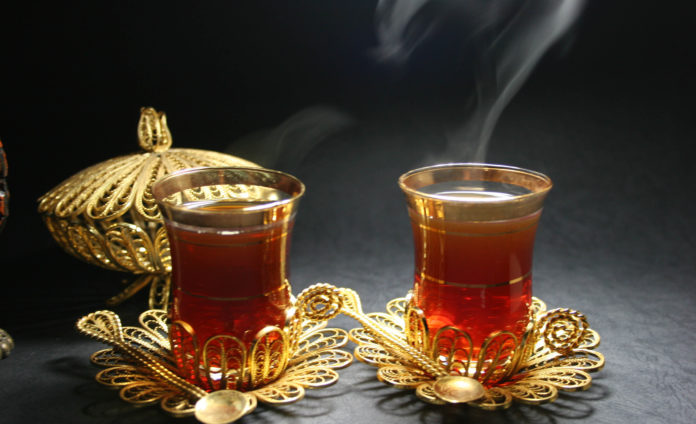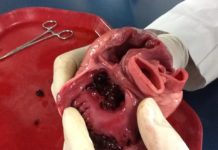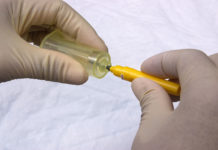
Tea drunk at a very high temperature, along with tobacco and alcohol is a lethal combo, find Chinese researchers
Regularly drinking very hot tea, when combined with tobacco or alcohol use, is associated with an increased risk for oesophageal cancer, according to a Chinese study with more than 450 000 participants. However, the study, published in Annals of Internal Medicine, found no increased risk of oesophageal cancer in those who drank hot tea but did not smoke or regularly drink alcohol.
Funded by National Natural Science Foundation of China and National Key Research and Development Program, the study unequivocally concluded: “Drinking tea at high temperatures is associated with an increased risk for oesophageal cancer when combined with excessive alcohol or tobacco use.”
New York physician W.L. Watson wrote, “Thermal irritation is probably the most constant factor predisposing to the cancer of the oesophagus. The drinking of copious amount of excessively hot tea is a history frequently obtained from Russian-born patients coming to Memorial Hospital suffering from cancer of the oesophagus”
Oesophageal cancer is the eighth most common cancer and sixth leading cause of cancer deaths in the world, with the majority of cases occurring in developing countries. The annual mortality rate per 100,000 people from oesophageal cancer in India has increased by 14.2% since 1990, an average of 0.6% a year. For men, the deadliness of oesophageal cancer in India peaks at age 80+. It kills men at the lowest rate at age 15-19.
Women are killed at the highest rate from oesophageal cancer in India at age 80+. It was least deadly to women at age 15-19. At 67.5 deaths per 100,000 women in 2013, the peak mortality rate for women was higher than that of men, which was 56.7 per 100,000 men, according to the global disease burden report.
The Chinese study led by the Peking University Health Science Center, Beijing, covered 456 155 persons aged 30 to 79 years over a median follow up period of 9.2 years during which period, 1731 oesophageal cancer cases were documented.
A linked comment in the same journal said: “The hypothesis that drinking very hot beverages may cause oesophageal cancer is not new. In the 1930s, based on clinical observations, New York physician W.L. Watson wrote, “Thermal irritation is probably the most constant factor predisposing to the cancer of the oesophagus. The drinking of copious amount of excessively hot tea is a history frequently obtained from Russian-born patients coming to Memorial Hospital suffering from cancer of the oesophagus”. Nevertheless, the association between hot beverages and oesophageal cancer is not firmly established. An expert panel assembled by the International Agency for Research on Cancer (IARC) in 2016 classified drinking very hot beverages as a probable (class 2A) rather than a definite (class 1) carcinogen.












